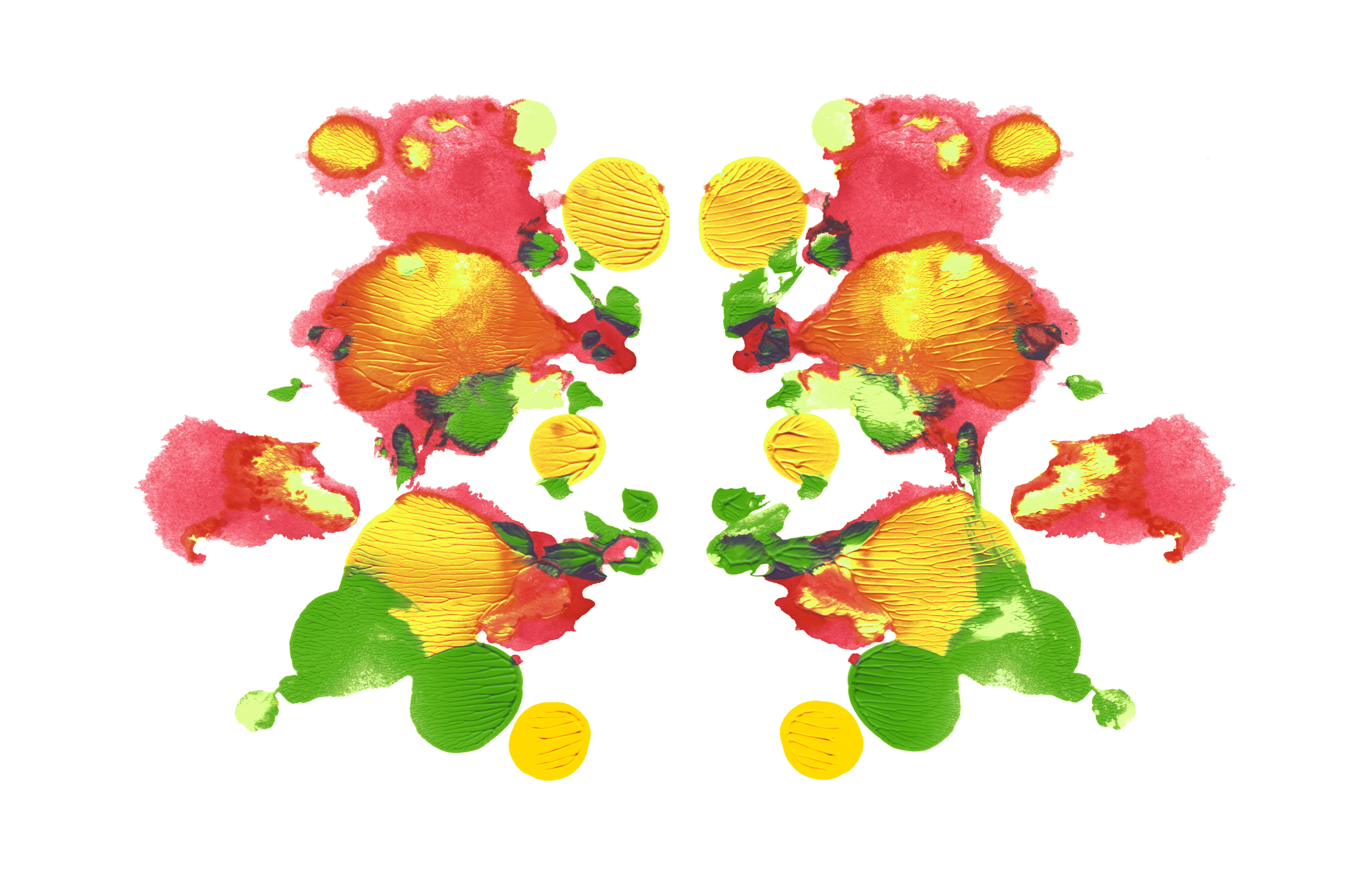Trauma Work & TRE®
The trauma response is deeply rooted in our evolutionary history; it plays a critical role in safeguarding our survival in moments of perceived threat or danger. Whilst it may keep us safe in the moment of distress, this response can become dysregulated when individuals are exposed to highly traumatic experiences, chronic or prolonged stress.
Traumatic experiences affect our memory and nervous system in such a way that we often struggle to process what has happened to us. This can often lead to us being triggered by seemingly irrelevant aspects of daily life, causing us to feel retraumatised, sometimes without us knowing why. This may feel like we are re-experiencing the past as present. We may become trapped in negative emotional, behavioural and cognitive patterns and start to feel increasingly restricted in life.
The following experiences may emerge and persist in life as part of the debilitating impact of trauma:
Anxiety
Hypervigilance
Emotion and/or mood dysregulation
Behavioural changes
Relational difficulties
Physical health issues
Intrusive thoughts and memories
Sleep disturbance
Avoidance, numbing and dissociation
Difficulty with memory and concentration
Persistent negative self beliefs
Trauma recovery can be a profound process. Learning to access an embodied sense of safety can be liberating and empowering, giving us the opportunity to exist beyond the confines of our most difficult life experiences.
Whilst I use a trauma informed approach in all my Psychotherapy work, clients that feel particularly impacted by trauma may wish to consider Trauma Focused Psychotherapy, TRE® and Group Process sessions.
Trauma Focused Psychotherapy
Trauma Focused Therapy sessions use a more systematic approach, blending both mind and body based interventions. These sessions are designed for clients struggling with the impact of trauma, seeking to feel safety and empowerment in their lives. Individuals with or without PTSD/CPTSD and other related diagnoses welcome. TFP sessions use a phased model:
Safety & Stabilisation - to practice bringing ourselves to a more regulated state, we may utilise interventions such as psychoeducation, mindfulness, bodywork, breathwork, grounding/orienting exercises, movement, vagal toning exercises.
Processing Memories - at this stage we might start to use approaches such as IFS (Internal Family Systems), CPT (Cognitive Processing Therapies), EFT (Emotional Freedom Technique, NET (Narrative Exposure Therapy)
Integration, Meaning & Growth - here we focus on empowerment and reconnection through narrative identity work, meaning making exercises (through writing and art), gratitude journaling, boundary setting in relationships, safety plans (for relapse prevention or spotting signs of trauma symptoms), maintenance of coping skills, continued practice of self regulation
—
Trauma, particularly from early childhood, can shape the narratives we construct about ourselves. These beliefs have the power to shape our worldview and can be compounded by intense feelings of shame, limiting our capacity for self compassion. By addressing and shifting this deeply held matrix of narratives, beliefs and feelings, we can directly change how we integrate our difficult experiences and therefore how we feel about ourselves.
Both psychotherapy and bodywork practices such as TRE® can help us to reduce the charge of trauma and bring clarity to our past and present experiences. This work can bring us more firmly into the present, help us feel safe in our bodies again and teach us how to self regulate our nervous system. These tools can help us to live more presently in connection with ourselves and others.
TRE® (Trauma & Tension Release Exercises)
The trauma response occurs in the body as we prepare to flight, flight or freeze as a means of survival. For those that have experienced chronic or extensive trauma (particularly if the traumatic incident was or felt inescapable), the body can often default to these defence mechanisms even when we no longer need to. This can lead to psychological difficulty such as anxiety and depression, but also health problems including inflammation, poor sleep, immune issues and chronic pain.
TRE® is a simple set of exercises designed to activate the body’s natural shaking mechanism as a way of releasing stored trauma and tension patterns in the body. It focuses on the core muscles that are contracted during stress and the trauma response. Through regular practice, we become more connected to the body and improve our ability to self regulate. This instinctive process of shaking allows us to de-stress and enhance our emotional and physical wellbeing.
TRE® sessions are available to individuals and small groups, both online or in-person. Please contact me or click here for more information.
Group Process
Group process can serve as a powerful tool for instilling hope and offering support, validation, connection and empathy.
Please see Group Process page for more information or contact me if you are interested in the following:
10-week Sexual Trauma Recovery Group (Single gender and mixed gender options, in-person)
6-week Sexual Trauma Recovery Group (For those on lower income - student, unemployed, retired, etc. Single gender and mixed gender options, in-person)
Online Group Therapy (weekly online meetings, ongoing. All experiences welcome)



